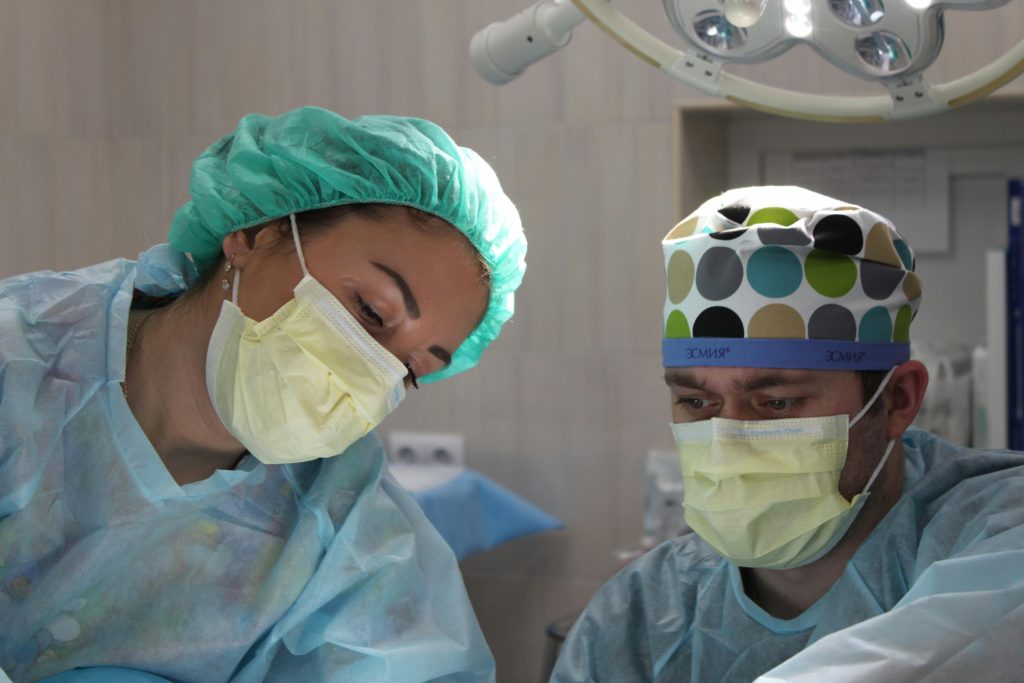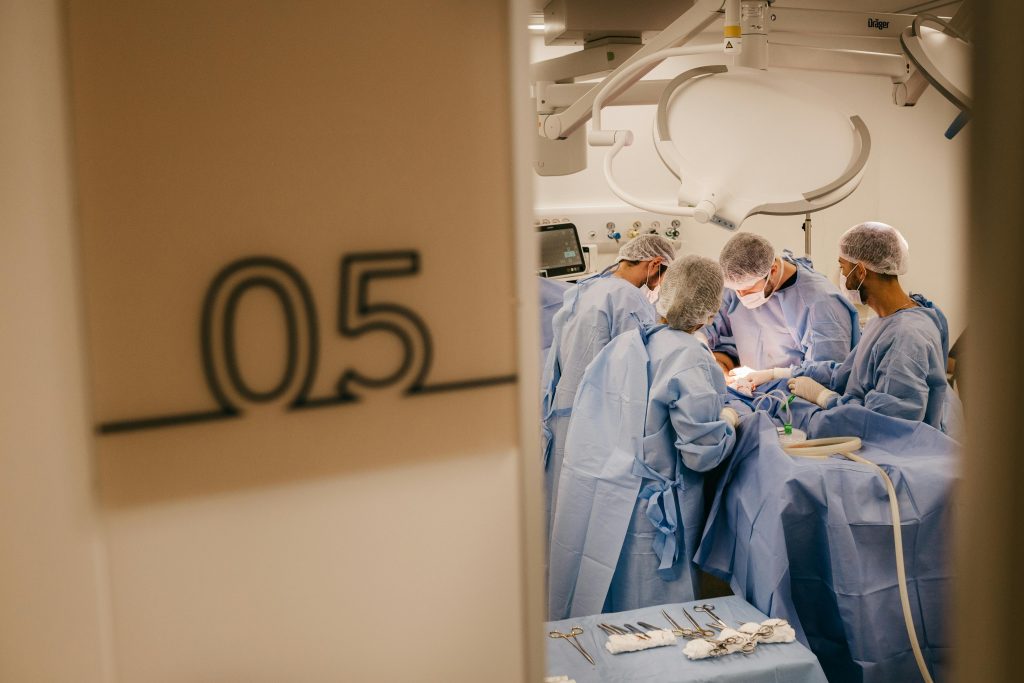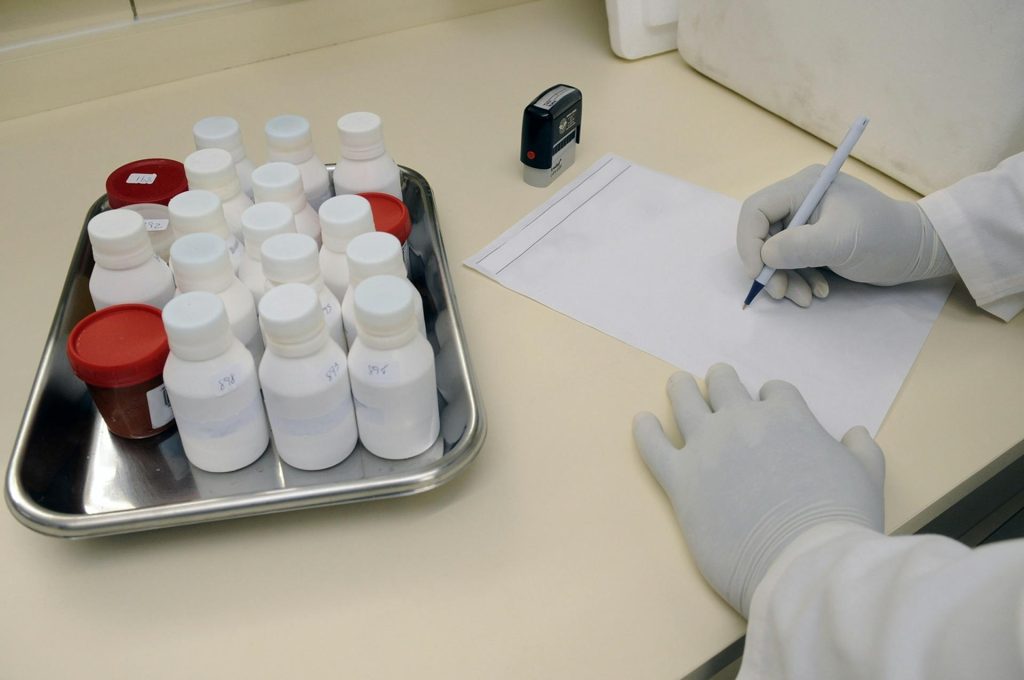Veiled in Vapor
The crisp scent of antiseptic, the hushed whispers of the surgical team, the rhythmic beeping of monitors – the moments leading up to a planned surgery can be a potent cocktail of anxiety and anticipation. You decided to have an elective surgery. Yet you are smoking. In this vulnerable state, the desire to present oneself in the best possible light can be strong. However, there’s one particular truth that patients sometimes choose to obscure from their healthcare providers: their smoking habits. While the reasons for this concealment might range from embarrassment to a misguided belief that it’s irrelevant, lying to your doctors about smoking before surgery is not just ill-advised – it’s a gamble with your health and potentially your life.
Healthcare professionals understand that discussing lifestyle choices like smoking can feel sensitive. There might be a fear of judgment or a feeling that it’s a personal matter unrelated to the upcoming procedure. However, your smoking status is far from a trivial detail; it’s a critical piece of information that directly impacts your surgical experience, recovery, and long-term well-being. To put it plainly, being dishonest about smoking can have serious, even life-threatening, consequences.
Let’s delve into the intricate ways in which smoking sabotages the body’s ability to navigate surgery and heal afterward. Understanding these physiological mechanisms will illuminate why transparency with your medical team is paramount.

The Toxic Brew: How Smoking Compromises Your Body
Cigarette smoke is a complex cocktail of over 7,000 chemicals, many of which are toxic and exert profound negative effects on virtually every organ system. These effects are particularly detrimental in the context of surgery, which inherently places significant stress on the body.
- Impaired Respiratory Function: The most immediate and obvious impact of smoking is on the respiratory system. Tar and other irritants damage the airways and air sacs (alveoli) in the lungs, leading to chronic inflammation, increased mucus production, and reduced lung capacity. This makes it harder for your body to oxygenate the blood effectively – a crucial function during and after surgery when breathing can be compromised by anesthesia and pain. Smokers are at a significantly higher risk of developing post-operative lung complications such as pneumonia, bronchitis, and acute respiratory distress syndrome (ARDS). These complications can prolong hospital stays, increase discomfort, and even be fatal.
- Cardiovascular Strain: Nicotine, a highly addictive stimulant in cigarettes, causes blood vessels to constrict, leading to increased heart rate and blood pressure. Carbon monoxide, another harmful component of smoke, reduces the oxygen-carrying capacity of red blood cells. This forces the heart to work harder to deliver adequate oxygen to the tissues. During surgery, when blood pressure can fluctuate and oxygen demand increases, this pre-existing cardiovascular strain significantly elevates the risk of heart attack, stroke, and other cardiovascular events. Furthermore, smoking promotes the buildup of plaque in the arteries (atherosclerosis), further hindering blood flow and increasing the likelihood of complications.
- Wound Healing Deficiencies: Perhaps one of the most insidious effects of smoking in the surgical context is its detrimental impact on wound healing. Nicotine constricts blood vessels, reducing blood flow to the surgical site. This impaired circulation limits the delivery of essential oxygen and nutrients needed for tissue repair and regeneration. Additionally, smoking interferes with the inflammatory response, a crucial phase in the healing process, and impairs the function of cells responsible for collagen production, the main structural protein in skin and connective tissues. As a result, smokers face a significantly higher risk of:
- Delayed wound healing: Incisions take longer to close, increasing the risk of infection.
- Wound dehiscence: The surgical wound can break open, requiring further intervention.
- Increased risk of infection: Impaired blood flow and immune function make smokers more susceptible to bacterial and fungal infections at the surgical site.
- Poor cosmetic outcomes: Delayed and impaired healing can lead to wider and more noticeable scars.
- Compromised Immune System: Smoking weakens the immune system, making the body less effective at fighting off infections. Surgical procedures inherently create a vulnerability to infection, and in smokers, this risk is amplified. A compromised immune system can also hinder the body’s ability to recover effectively from the physiological stress of surgery.
- Increased Risk of Anesthesia Complications: Anesthesia affects the respiratory and cardiovascular systems. In smokers, whose systems are already compromised, the risks associated with anesthesia are significantly higher. They may experience difficulties with intubation, increased sensitivity to certain anesthetic agents, and a greater likelihood of breathing problems during and after the procedure.
- In this post, I am talking about all the pre-op preparations and tests I had to undergo to have bariatric surgery: https://www.bariradka.com/2024/06/22/a-whole-year-of-preparations/

The Ripple Effect: Consequences Beyond the Operating Room
The negative consequences of smoking before surgery extend far beyond the operating room and the immediate recovery period. They can impact the long-term success of the surgery and the patient’s overall health. For instance, in orthopedic surgeries like joint replacements, smoking can increase the risk of implant failure and the need for revision surgery. In vascular surgeries, it can undermine the long-term patency of grafts and stents.
Furthermore, continuing to smoke after surgery exacerbates the existing damage and hinders the body’s ability to fully recover. It perpetuates the cycle of inflammation, impaired healing, and increased risk of complications.
Why Honesty is the Best Policy (and Essential for Your Health)
Given the profound impact of smoking on surgical outcomes, honesty with your healthcare team is not just a matter of ethical behavior; it’s a crucial step in ensuring your safety and optimizing your chances of a successful surgery and a smooth recovery.
When you disclose your smoking habits, your doctors and the anesthesia team can:
- Thoroughly assess your risk: They can tailor the surgical and anesthetic plan to account for your compromised respiratory and cardiovascular function.
- Implement preventative measures: This might include pre-operative interventions like smoking cessation counseling, respiratory therapy, and optimization of any pre-existing conditions.
- Monitor you more closely during and after surgery: They will be vigilant for potential complications related to smoking.
- Provide appropriate post-operative care: This may involve specific instructions for breathing exercises, wound care, and pain management.
- Offer support for smoking cessation: Surgery can be a powerful motivator to quit smoking, and your healthcare team can provide resources and guidance to help you achieve this.

The Courage to Confess: Breaking Free for a Healthier Future
We understand that quitting smoking can be incredibly challenging. Nicotine is highly addictive, and the habit is often deeply ingrained in daily routines. However, the period leading up to surgery presents a unique window of opportunity to make a positive change. The motivation to improve your surgical outcome and overall health can be a powerful catalyst for quitting.
If you are a smoker facing upcoming surgery, please be honest with your medical team. There is no judgment, only a genuine desire to provide you with the safest and most effective care possible. Disclosing your smoking habits allows us to work together to mitigate the risks and optimize your chances of a successful outcome.
Furthermore, consider this as the first step towards a healthier, smoke-free future. Your healthcare team can provide you with resources and support to quit smoking, not just for the sake of your surgery, but for the long-term benefits to your overall well-being.
Lying about smoking might feel like a way to avoid scrutiny or perceived judgment, but ultimately, it’s a deception you inflict upon yourself. By embracing honesty, you empower your healthcare team to provide you with the best possible care and take a significant step towards a healthier and brighter future, free from the shackles of nicotine. The path to a successful surgery and a healthier life begins with the courage to be truthful.



Pingback: The Art of Plastic Surgery After Significant Weight Loss - BARIRADKA